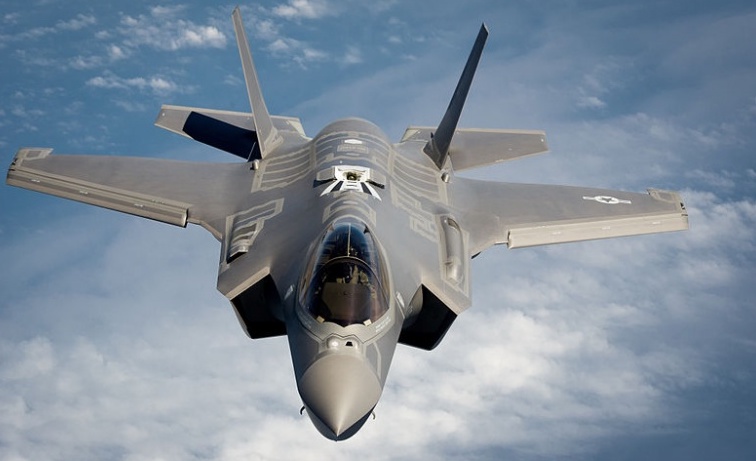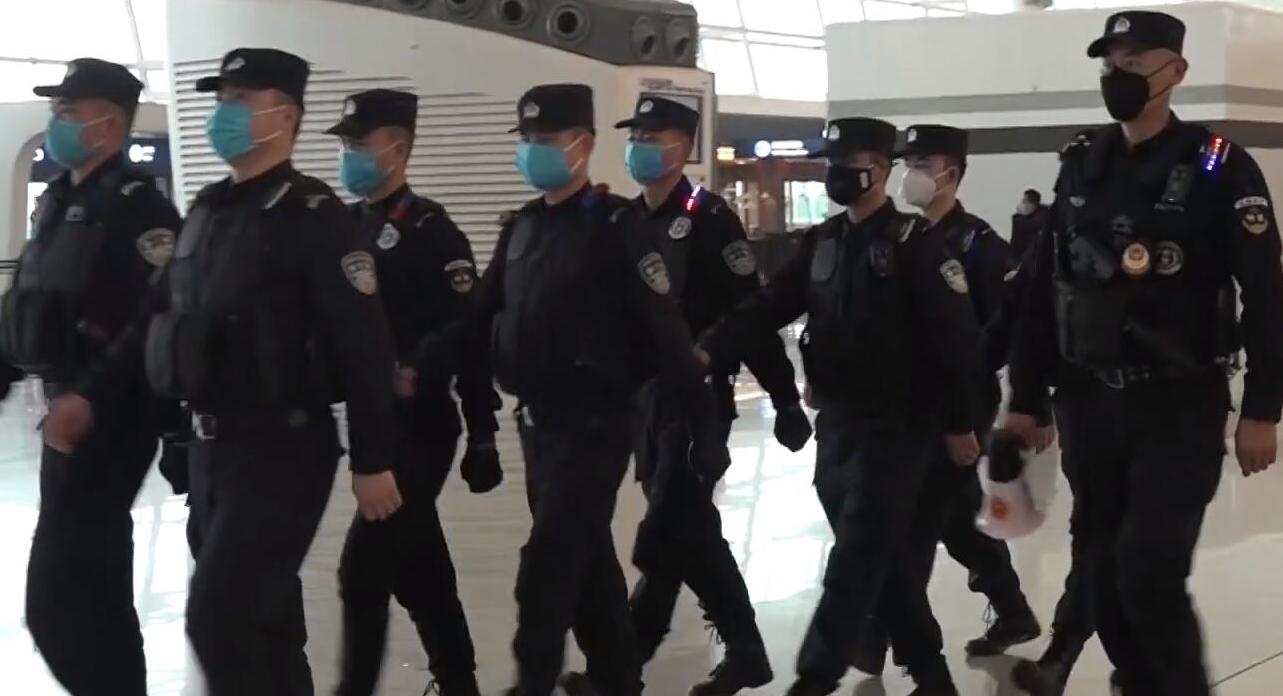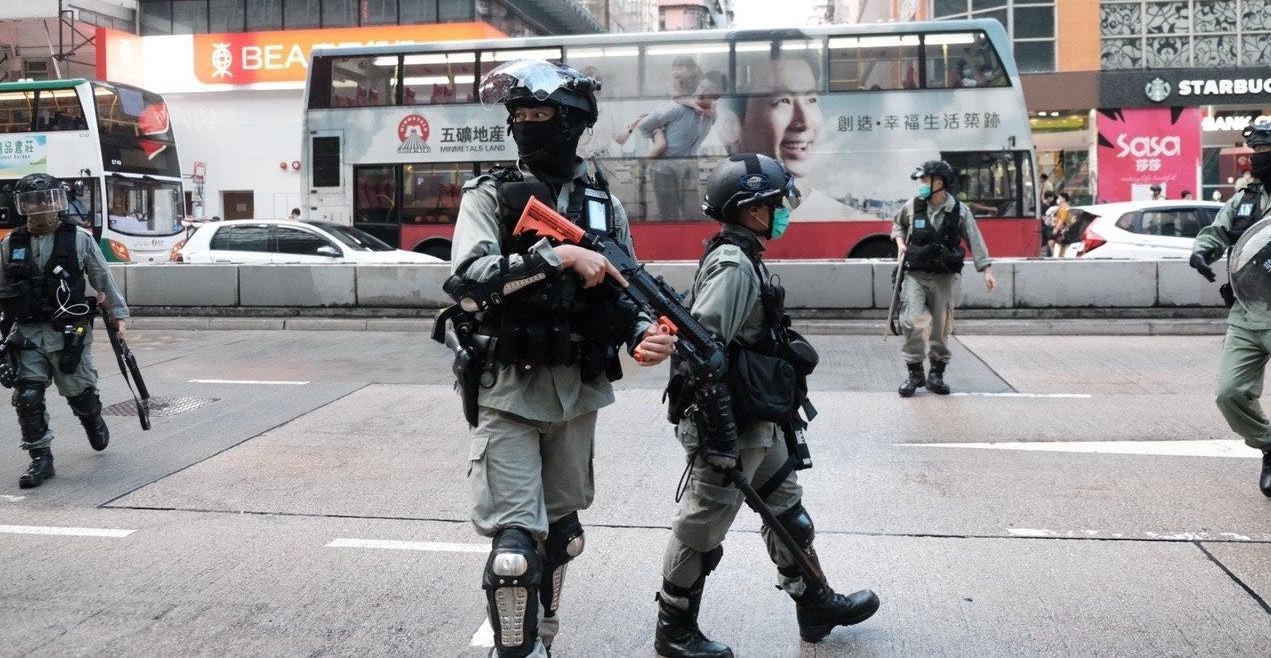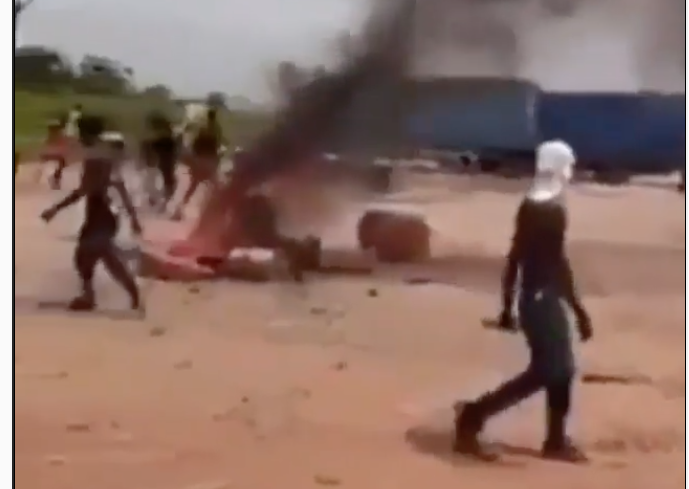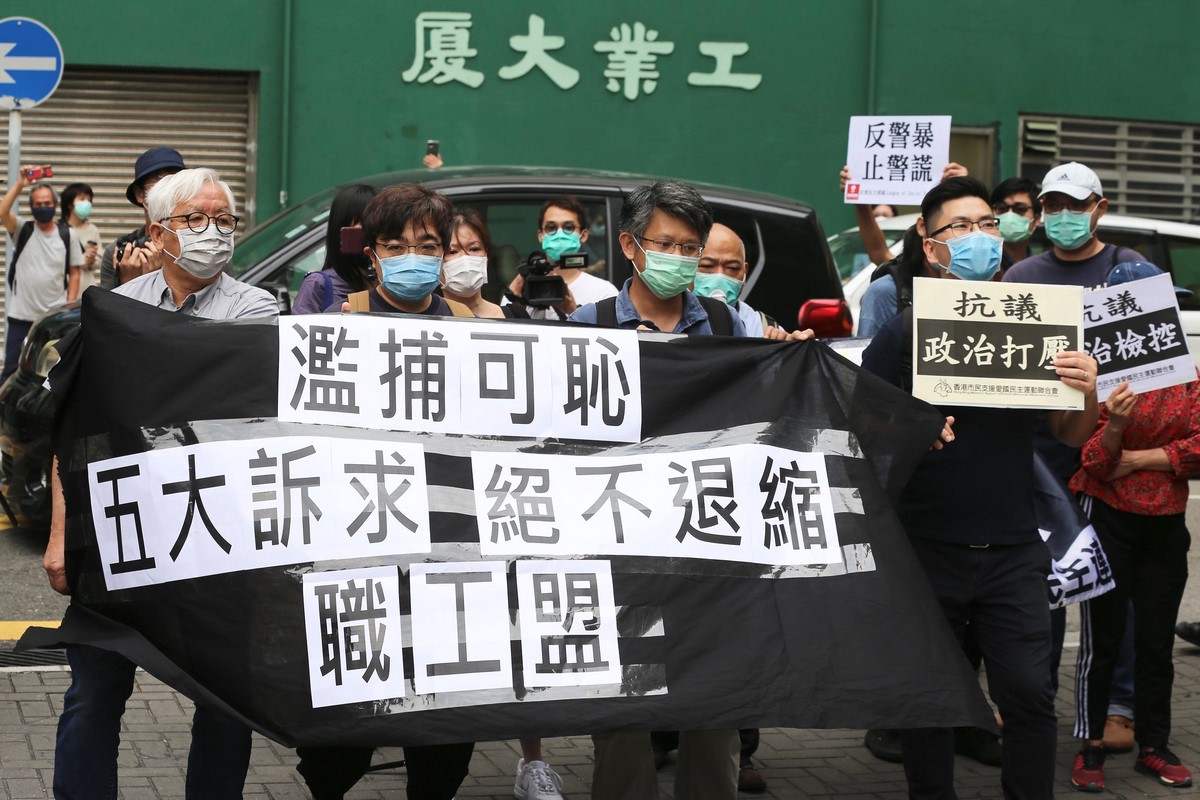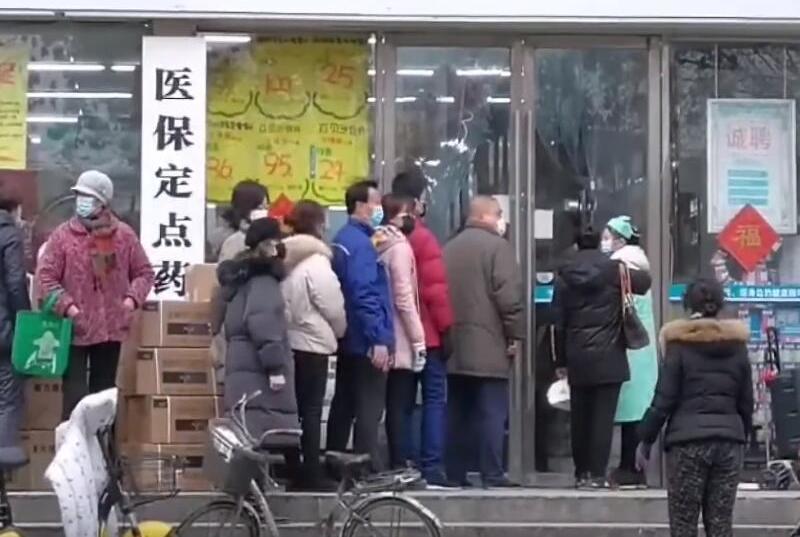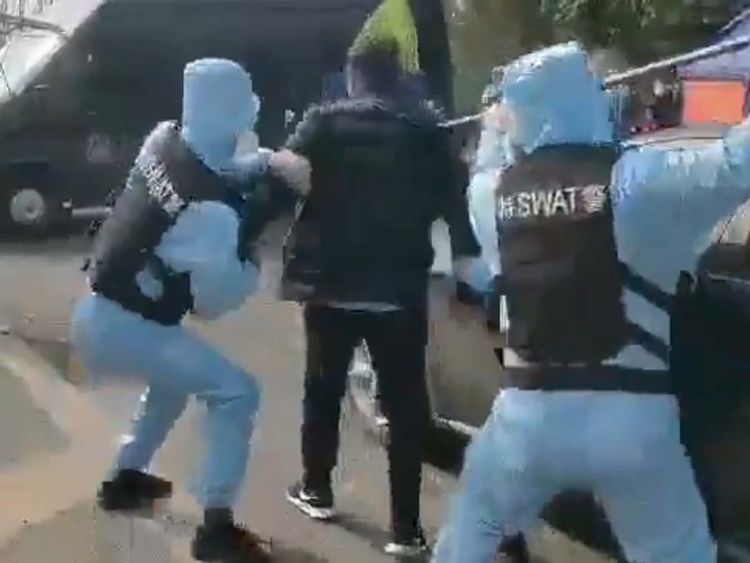
ICC complaint filed over COVID-19
The Canadian Institute for International Law Expertise (CIFILE) has asked the prosecutor of the International Criminal Court (ICC) to investigate individual world leaders and the World Health Organization (WHO) for alleged international crimes relating to their handling of the COVID-19 pandemic. The group states that past disease outbreaks, including SARS, suggest that the director-general of the WHO should have notified nations well before the initial March 11 notification date. The complaint asserts that the response to the pandemic constitutes a “crime against humanity” under Article 7(k) of the Rome Statute. The complaint further states that the ICC may exercise jurisdiction over international crimes under Articles 12 and 13 when a member state of the ICC has been affected. Specifically the complaint cites Canada as an affected signatory to the Rome Statute. (Photo: WikiMedia via Jurist)



